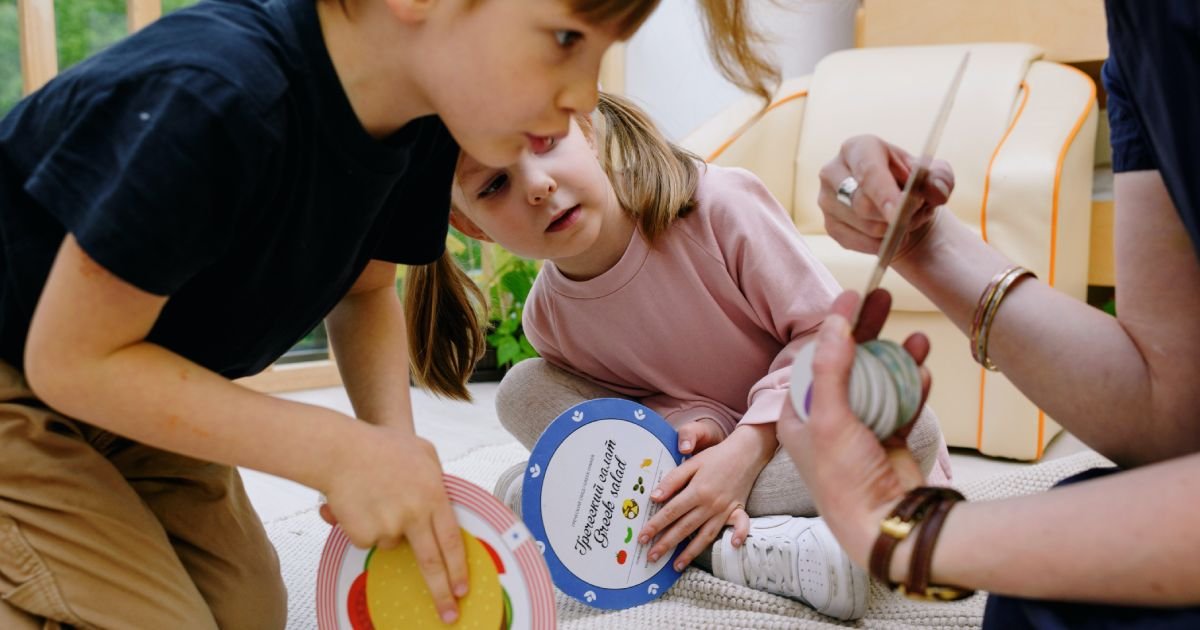Financial awareness sounds like a very serious and daunting term. If you look it up online, you may get directed to a basic banking knowledge quiz! Let’s dissolve this myth that anything with the term ‘finance’ or ‘financial’ in it is out of your grasp.
If you spend time in your daily life trying to figure out your monthly grocery bill or the price that you are comfortable paying for your make up kit, then that’s really some financial thinking that you are indulging in. When it comes to our personal lives, financial awareness is all about understanding the inflows and outflows of money and the utility it adds to your life. Let’s test the degree of financial awareness in your life while simultaneously establishing its importance.
The adults with responsibility
Whether you are single or married, earning or a homemaker, you will have some financial responsibilities. These are decisions around the income that comes to the house and against that the spends which happen. There are daily spends right from bread and eggs, cab rides to your toothpaste and then there are indulgences of eating out or buying yourself that beautiful handbag or chanderi saree.
Many of us are in tune with the expenses but have little understanding or in some cases even knowledge of the income. If you are earning and married, you may know your own income but are you aware of what your spouse draws each month? Why do you need to know that? This may not seem like necessary information given that you are also earning, however, if there is a family emergency or an unexpected death or even as you get closer to retirement, you will need to figure out the financial health of the family. It is not just about you anymore. Are you utilising only your income towards the daily household expenses because you control them and its natural to pay for them, while your spouse is responsible for the savings? What happens if there is a car accident, followed by sudden large medical expenses? Do you know if your family has medical insurance for hospitalisation? Or if there are enough savings to take care of this expense?
You have no savings and are completely unaware of how much your spouse has saved. Assuming that your spouse is saving their income because you are spending yours at home is not awareness, it is simply an assumption. You not only have to ask your spouse questions on earnings and savings but also participate in the savings and investing decisions.
It is no longer just about how much you earn, rather about how jointly you and your spouse can manage finances efficiently to bring the best of savings and spending to the family.
The money pool that you jointly bring in is the inflow and from this you have to carve out the savings for the future – be it retirement or children’s education or your emergency fund. You also have to manage daily expenses and the treats you give yourselves. Plus, have an emergency pool for unforeseen situations. Sudden job loss for example, for either of you, can be catastrophic for maintaining your lifestyle expenses. Lastly, you may have loans like car loans or housing loans running which also require to be serviced from this very same income.
Whether you yourself earn or not, unless you know the total income inflow that you have each month, how can you contribute to the efficient management of your family’s requirements today and in future?
Perils of being financially unaware
If you continue to remain financially unaware, one of the two things is likely to happen – you may find yourself in a financial bind in times of emergencies like hospitalisation, job loss, separation from your spouse or you will continue to remain dependent on your spouse for any extra spending which can very easily become a bone of contention in the family. Especially for homemakers, financial awareness is extremely critical in establishing your role in the house. It’s unreasonable to think that a home can be managed without having complete financial awareness.
Even for those of you who are single, financial awareness is important to help you navigate the ups and downs in life. You may not be married, but you still need to plan your retirement, your medical emergencies and your indebtedness to lead a smooth life.
The non-financial impact
Overtime time gaps in financial awareness become emotional issues between family members. They can become the reason for resentment towards your spouse or even financial insecurity if you have no say or control in family finances.
Complexes emerge, inferiority or superiority, and this leads to ego which leads to an inability to rationalise difficult situations (interpersonal or external) with clarity. Your simple lack of financial awareness can easily turn into an emotional burden in the family. For those who are single and fancy-free, lack of financial awareness can lead you into money problems which you really don’t want. If you don’t manage your loans and spends with the awareness of your income today and your ability to earn in future, there will come a point when financial insecurity will start to impact your relationship with friends and family.
Thankfully, no matter what your situation in life, it’s never too late to start on the path of financial awareness.
Here are the five things you should know to be financially aware in your life:
1. Income flow
Where is the money coming from, salary, other income like rentals or is it from borrowings and loans.
2. Expenditures
Where is the money going, how much of it is in daily home expenses, how much on children, how much on necessary spends like school, clothes and so on and lastly how much on indulgences.
3. Savings
Do you and/or your family have financial savings that can be used in emergencies, where are these savings invested and how can you access them when you need it.
4. Loans
How much loan do you have (singularly or as a family), by when can it be repaid, if regular income stops do you have enough savings to repay the loan.
5. Ownership
Whose name are the family assets in, yours, your spouse’s or/and your children’s?
The equation for financial awareness is simple: spend what you earn after you have saved a little each month. If you have taken a loan to buy a house, then take that monthly repayment out of the equation first. If this doesn’t match or goes into negative, you know you are in trouble – today and in future.
Be smart, don’t be stuck!
What about your children?
Children also need to be financially aware, perhaps not in the same way as adults do but they need to understand the basics of what money is and the distinction between utility and luxury.
Let’s say your 6-year-old is insisting on buying a pair of branded shoes that you feel are too expensive. Will you go ahead and indulge or simply say ‘NO’ or explain? Explain what? First ask what the purpose of the shoes is, to play or to dress up in? Secondly, explain that their feet size changes fast and whether the shoe is for playing or going out, it is unlikely to fit well for more than 6-8 months. Given that children don’t need many going out shoes and their playing shoes get spoilt fast, isn’t it better to buy similar, but less expensive and non-branded shoes? The money saved can be used for the next pair.
Children need to be explained that stuff costs money and that money comes from work that their parents do. We can go one buying one pair of shoes after another but with every new purchase, the utility of the older one will reduce and soon it will have no value in your child’s perception.
Its never too early to be honest with your children about where the money comes from and its purpose in our lives.
Why – financial awareness?
We are discussing this today firstly because most of us have a limited pot of money. If it was unlimited then in the financial sense, this equation we spoke of would not matter. When the pot is limited, you have to assign priorities not just for today but for the future too – assuming that everything will be taken care of by your spouse or that you will go on earning forever is dangerous.
The earlier you start on the path of yours and your family’s financial awareness, the more you will gain. Even if you have an unlimited pot, being financial aware will make you emotionally mature and give you the ability to share your good fortune with those around you.
You do it already when you go out to the mall or the vegetable vendor, now you just need to be a bit more aware and tick mark those five points that will make you financially enlightened, emotionally secure and in better control of your family’s wellbeing.







0 Comments